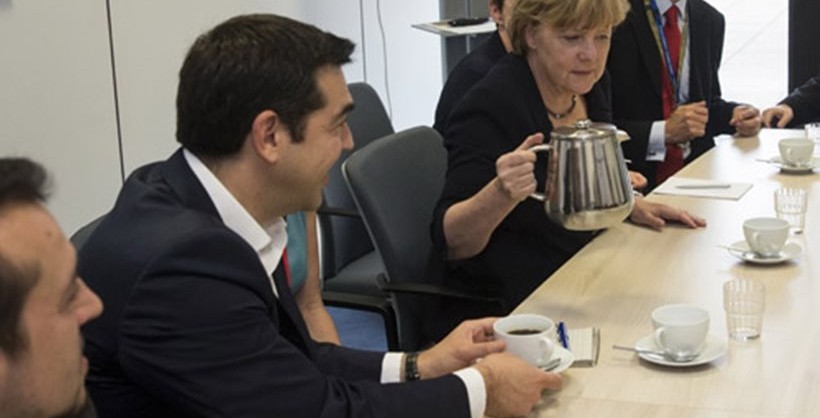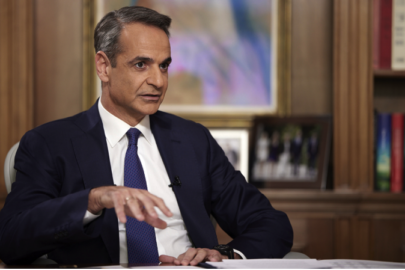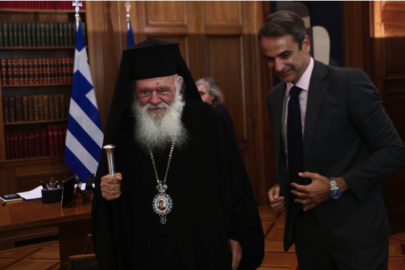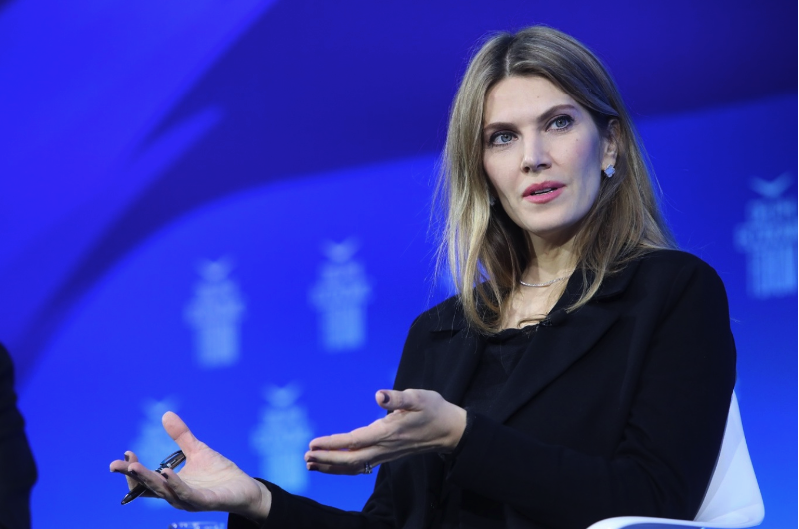All eyes, especially Greek ones, were on Brussels on Tuesday, as a real “make or break” Euro summit was underway days after a “no” in a Greek referendum but with cash running out in ATMs in the country.
A meeting between Greek PM Alexis Tsipras, German Chancellor Angela Merkel, EC President Jean-Claude Juncker and French President Francois Hollande got underway in Brussels on Tuesday afternoon, ahead of a euro zone leaders’ summit that was postponed for later.
In terms of earlier statements by European leaders, German Chancellor Merkel made clear it was up to Greek PM Alexis Tsipras to deliver realistic proposals after his radical leftist government rejected a previous package by creditors, and even validated the rejection with a referendum.
Under increasing pressure on the domestic front for a “tough line” vis-a-vis Tsipras and Co., Merkel said there is still no basis for negotiations after the very clear “no” (61 percent) in the Greek referendum.
“Solidarity at the European level, and responsibility at national level are still important. Without solidarity and without reforms we cannot embark on this path,” she said, adding: It’s not a matter of weeks any more, it’s a matter of days.
Hollande
On a slightly more positive note but in echoing Merkel, Hollande said immediate aid is available for debt- and recession-battered Greece, yet the onus is now on the Tsipras government to make serious and credible reform proposals.
“The onus is on Greece to make some proposals. It’s up to Europe to show solidarity by giving them a medium-term outlook, with immediate aid,” Hollande said on arrival at an urgent summit of euro zone leaders in Brussels.
“Greece must make serious, credible proposals. We’re waiting for them and they have already been announced. They must be fleshed out now. That’s the issue for tonight.”
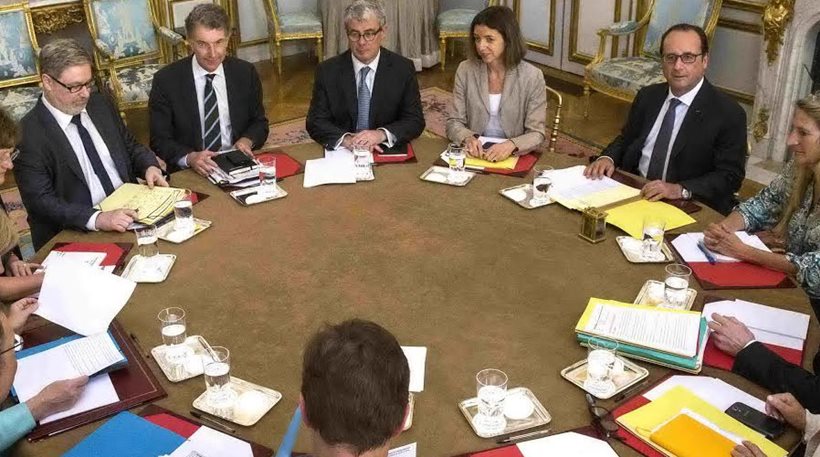
Juncker
On his part, EC President Juncker, who has assumed an increasingly visible role as the unofficial chief mediator in the ongoing “Greek crisis”, addressed the European Parliament on Tuesday, where he said that “there are some in the European Union who openly or secretly are working to exclude Greece from the euro zone.”
Without naming names, one “culprit” is powerful German FinMin Wolfgang Schauble, who last week suggested a possible “temporary” exit.
Dijsselbloem
Eurogroup president Jeroen Dijsselbloem, meanwhile, said ministers will hold a tele-conference Wednesday to discuss a request from Greece for financial assistance through the European Stability Mechanism.
Moreover, he said Athens did not submit a written request on Tuesday, but will table one on Wednesday.
The ESM is the eurozone’s bailout fund and has so far only provided loans to Spain and Cyprus. Greece’s previous bailout program expired on June 30, and was partly funded through the temporary crisis mechanism, the EFSF.
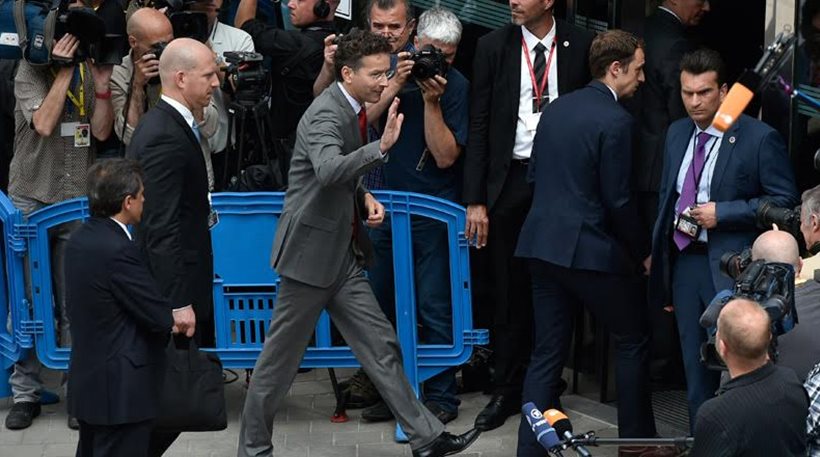
Govt rejects criticism that it arrived ’empty-handed’
In its favorite ‘non paper’ form of communication, government sources dismissed rejected criticism that their side had arrived at Tuesday’s Eurogroup without proposals.
“Is it that we don’t have proposals or that they don’t like our proposals,” the unnamed source said.

